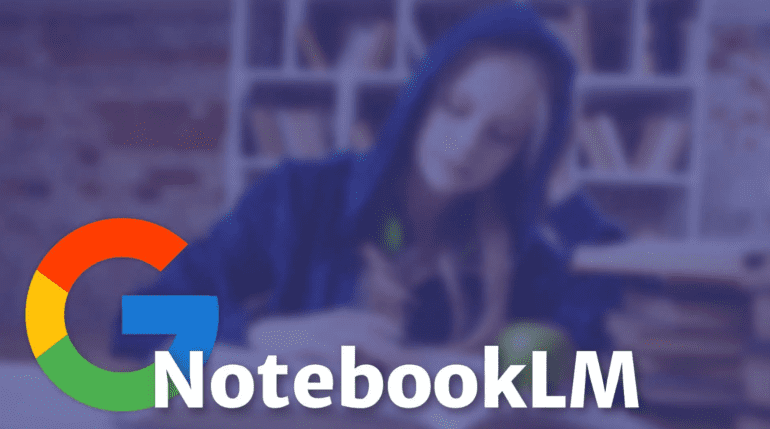TL;DR:
- Google rebrands its Project Tailwind as NotebookLM, an AI note-taking app.
- NotebookLM focuses on analyzing and answering questions about specific documents.
- It leverages recent information first but can draw on broader knowledge when needed.
- Users can expect personalized insights combined with accurate information from external sources.
- Google emphasizes fact-checking against personal notes to ensure reliability.
- NotebookLM is an experimental product with its target audience yet to be defined.
- Competitors like Notion are also exploring AI integration in their products.
- Google aims to gather user feedback to improve and refine NotebookLM.
Main AI News:
In a strategic move, Google has transformed its groundbreaking “AI notebook for everyone,” previously known as Project Tailwind, into the all-new NotebookLM. This revolutionary application aims to alleviate the burden of information overload experienced by users of Google Drive. By harnessing the power of artificial intelligence, NotebookLM promises to be the ultimate solution for streamlining and organizing copious amounts of data.
Initially introduced at the I/O conference in May, NotebookLM specifically caters to students seeking efficient methods to manage their extensive lecture notes and academic materials. Unlike conventional chatbots that rely on vast, disconnected knowledge bases, NotebookLM distinguishes itself by focusing on scrutinizing and answering queries based on the specific documents it analyzes. While it can access broader knowledge if required, its primary objective is to draw from the most recent information it has been exposed to.
Consider the scenario of studying Lord Byron and wondering about the significance of his demise in Greece rather than in his native England. NotebookLM intelligently sifts through your notes and associated materials to provide a comprehensive response. In the event that you haven’t recorded the date and location of his passing (April 19, 1824, in Missolonghi, Greece), the app effortlessly retrieves this information from alternative sources. This intricate system ensures a seamless fusion of personalized insights and wider-ranging knowledge, culminating in a remarkable user experience.
Google emphasizes the concept of “source-grounding” as an integral component of NotebookLM. This mechanism ostensibly minimizes the generation of fictional or speculative information, thereby bolstering the app’s reliability. However, the company urges users to exercise caution and cross-reference the AI’s responses with their own notes to ensure accuracy. While some may question the time-saving potential of this technology, individuals well-versed in a subject matter but occasionally challenged by timely retrieval of information stand to benefit greatly.
It is crucial to note that Google categorizes NotebookLM as an “experimental product.” As highlighted during its initial announcement, the company remains uncertain about the target audience or purpose of this innovative tool. Although college students appear to be a likely demographic, concerns may arise following Bard’s ill-fated foray into a similar domain. Concurrently, other companies like Notion are exploring ways to incorporate AI within their existing product offerings, further expanding the landscape of possibilities.
Conclusion:
The launch of NotebookLM by Google signifies a significant advancement in the field of AI-powered note-taking applications. By providing users with a solution to organize and analyze vast amounts of information, NotebookLM aims to enhance productivity and streamline knowledge retrieval. This development reflects the growing demand for AI-driven tools that facilitate efficient information management. While the market for such applications is expanding, it remains to be seen how NotebookLM will resonate with its target audience, particularly college students. Google’s commitment to refining the product and actively seeking user feedback demonstrates its dedication to creating a genuinely valuable and useful tool. As competition in this space intensifies, companies like Notion are also exploring ways to integrate AI into their existing products, suggesting a promising future for AI-powered information organization tools.

